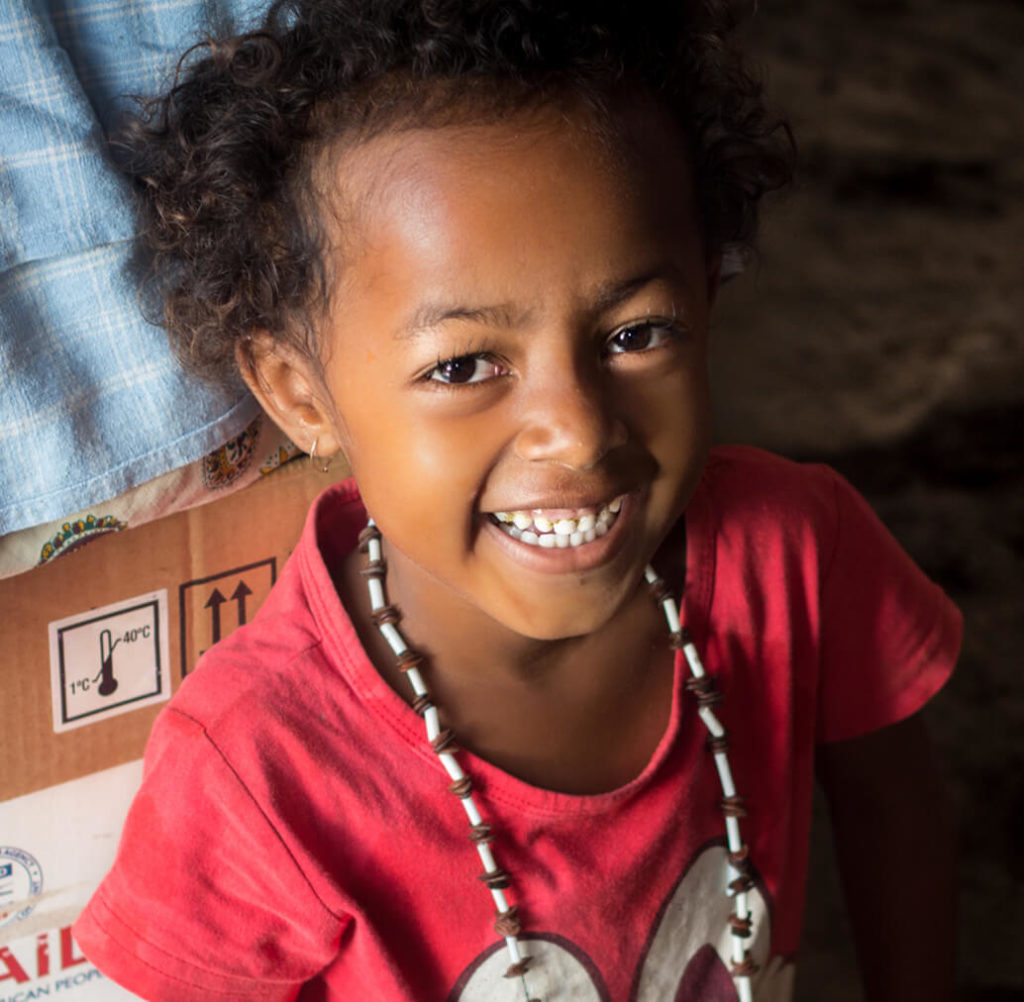Improving Health Care Service Delivery and Data Quality through mHealth
Improving Health Care Service Delivery and Data Quality through mHealth
Each community health volunteer (CHV) in Madagascar provides routine family planning and newborn, maternal, and child health services to about 300 clients per year in villages located over five kilometers from a health center. However, the quality of service delivery and data are often poor. The USAID Mikolo Project, with the Ministry of Public Health (MOPH), developed a mobile health (mHealth) application to improve the quality of CHV services by standardizing care delivery and facilitating referrals, and to increase the quality and timeliness of reporting.
A pilot phase was implemented in five districts in the Analamanga and Atsinanana regions between April and August 2017. Fifty users were trained on the mHealth application: 35 CHVs, 8 heads of basic health centers (CSBs), and 7 support technicians. Among the achievements, timeliness of data reporting, service quality, and user satisfaction improved. The average application satisfaction score among users was 3.88 out of 4. Users noted that the application was relevant and useful, decreased reporting time, and that the job aids helped improve the quality of service delivery.
On-time monthly reporting rates ranged between 88.5% and 94%, compared to rates between 46% and 75% among CHVs using the paper system. The average quality score for CHVs (measured against compliance with national standards) was over 90% for both integrated management of childhood illness (IMCI) and family planning (FP), compared to less than 80% among non-mHealth users.
All pilot CHVs and CSBs continued to use the app 12 months after introduction. Initial expansion in four regions of Madagascar (Analamanga, Atsinanana, Vatovavy Fitovinany, Atsimo Andrefana) showed promising early results. For example, 549 additional users were trained (462 CHVs and 87 CSBs), of which over 50% used the app two weeks after completing the training.
